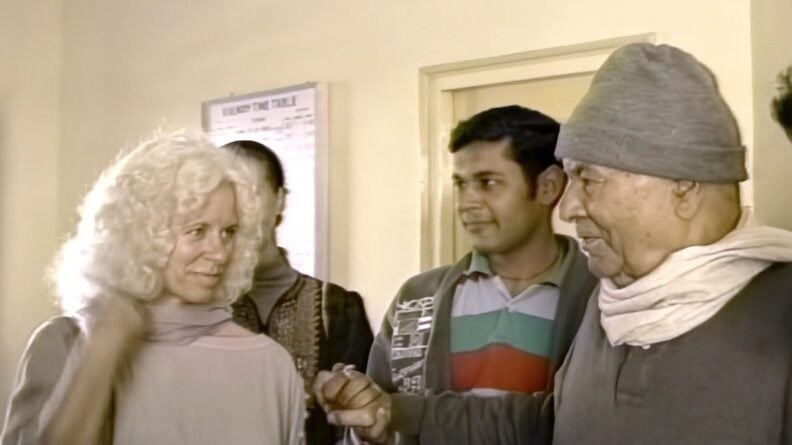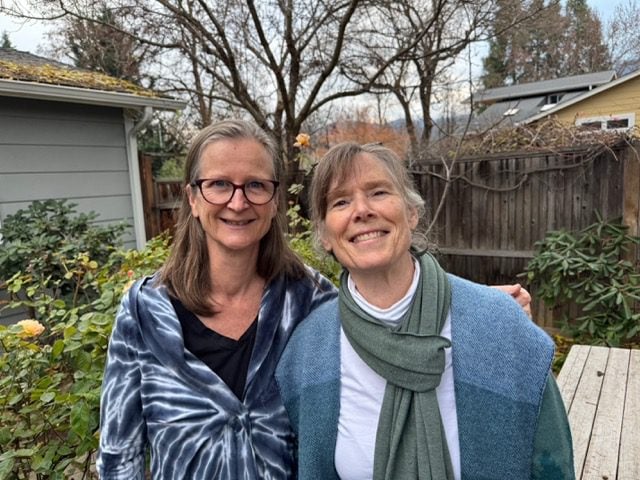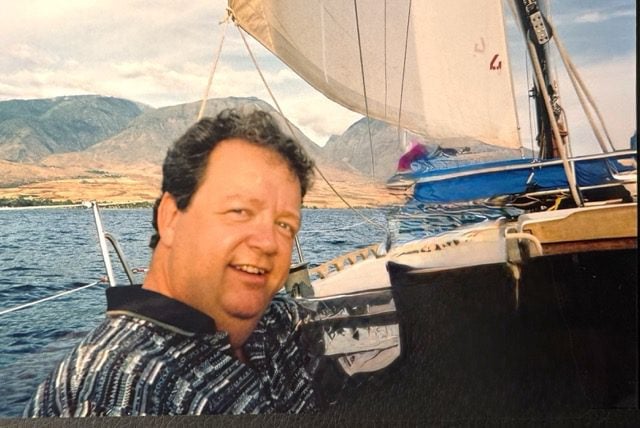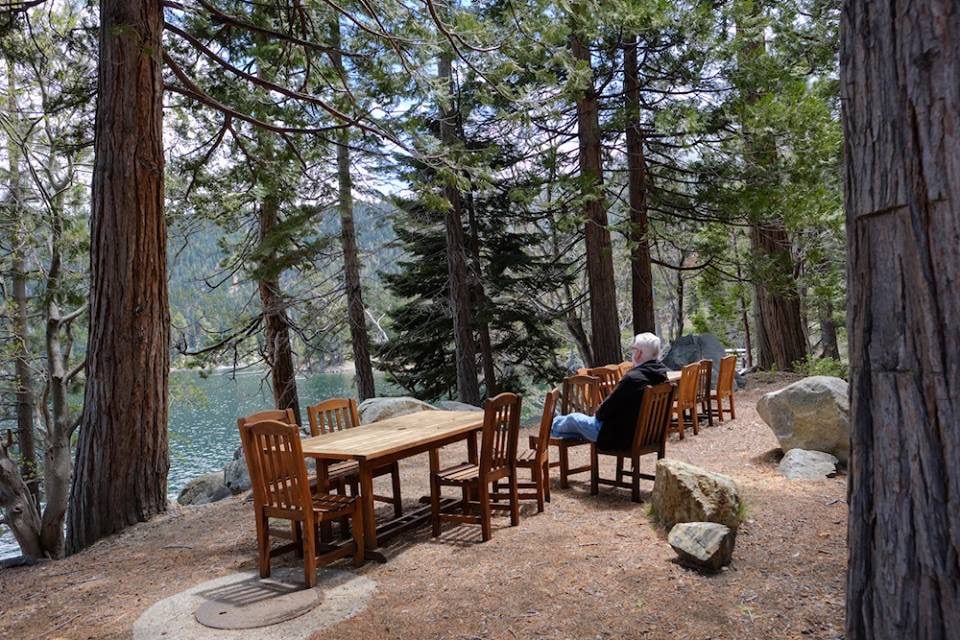Harriet: The characters in the Katha recording are so beautifully portrayed, with Amber Terrell (who died in 2020), as the young Nachiketa, Gangaji as Yama, and Eli as the narrator. Wherever we are on that spectrum in terms of our age, our prospects of a long life, our health, or aging, it’s relatable. Whether you're closer to Yama, or closer to Nachiketa, it's so universal.
Chris: Yes, it really is, and Gangaji’s commentary makes it even more so. We may assume that Nachiketa was not afraid of death. He wanted to know the truth of death. But what Gangaji is saying is let's not assume that he wasn’t afraid. Maybe he had the same fear of death as the rest of us ordinary human beings. Maybe he's not so heroic or so amazing. Maybe he was just willing to sit in the waiting room of death to discover its true nature, even in the face of his greatest fear. That is the most profound inquiry imaginable because it is the one that forces us to stop.
Harriet: I love this phrase, “the waiting room of death,” because it's where we all are, our entire lives, even though we don't know it. I think you've really described it well. Is there more that you could say about how this teaching, and particularly the experience of making this recording, has benefited you? How would it be of benefit to somebody who's listening? What would they learn from it?
Chris: The benefit of this teaching can't even be described in terms of any practical value. It's not like, “Wow, listen to this, and you'll find the love of your life or attain financial success,” or whatever is on your list. It is exactly the opposite of that. It is a spiritual path of loss. What is the benefit of that loss? That is the mystery that can't even be spoken. When the Katha Upanishad leads us into the inquiry about the actual nature of physical death directed by Yama, the God of Death himself, without giving away too much, I think the answer to that makes it very, very much more possible for us to be at peace. It’s about the truth of who we are. That’s the profound gift of listening.
I don't want to throw people into some hope that they'll be able to somehow overcome death or something, because that ain’t happening. But there's a release in knowing that at the core of who I am, at the core of who you are, at the core of who Gangaji and Papaji and Ramana are, is the same unnamable peace. This is discoverable through deep inquiry into the true nature of death.
Harriet: One of the really glorious points in the whole conversation is what death offers to Nachiketa in place of this knowledge: beautiful women, wealth, palaces, many elephants, and dancing girls, to name a few. You talk about the power of desire in the recording, and the point of choice. Can you say more?
Chris: Well, Nachiketa is having none of that. He wants only the truth from the ultimate teacher. I would say that almost anybody could look at the list of things that were being offered by Yama and find something they would be tempted by. In the recording I was sharing with Gangaji that what tempted me was a long life followed by a sojourn in heaven. I thought that sounded good. So Gangaji and I had a conversation about that, that was very powerful. If you want anything less than the absolute truth, if you want anything less than absolute freedom, you're going to be disappointed. You may find temporary pleasure, but you're not going to finally have deep happiness or deep peace. That is really what we all desire more than anything.
Harriet: What was it like for you to be in that conversation? Because from a listener’s perspective you drop very deep. What was the experience for you?
Chris: I do have professional experience as a radio announcer and as an interviewer. Certainly, that experience has helped me. But when I was first doing these interviews with Gangaji her advice was, “Be empty. Don't have any questions lined up on a piece of paper. Just go in completely empty.” I was like, “Oh, my God.” While I was having the conversations, there were other people in the studio— recording technicians and people from the Foundation. And everybody was saying, “I'm just so glad I'm not in that hot seat.” But there's nowhere on earth I would rather be.
One of the things that doesn't appear in the recording is the long silences, where Gangaji would answer a question, and then it would be my turn to ask the next question. She was completely comfortable with the silence. I was grateful for that. I would just sit there and wait until something appeared. I knew we could edit it out, of course. But just going deeper and deeper, and being three feet away, and having her look right into my eyes, as she's speaking these words, was a blessing beyond belief.
In the story sometimes it feels like Nachiketa almost robs Yama, the god of death, of his will because his questions are so powerful. They are just irresistible. And Yama has no choice but to answer them. I feel like the same thing happens with Gangaji. Every time somebody asks her a question that comes from their depths, she has no choice but to meet them at that depth and go even deeper. That is one of the beauties of those conversations. She was the one that played the role of answering the deep questions. But my role was to lead her to those answers with the sincerity and the depth of the questions that were arising.
My job was to keep asking, keep coming up with a wide range of questions for an hour and 20 minutes even though in my heart, I felt completely satisfied with some of the very first things we talked about. I will never forget those conversations. They are some of the greatest and most cherished memories in this life, to be able to be there and to share such precious moments with her that can now be shared with everybody. They have a universal quality.











